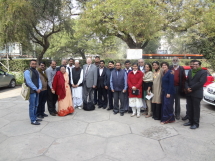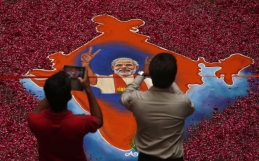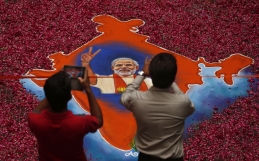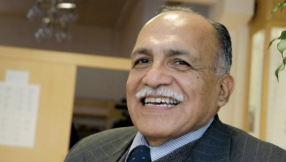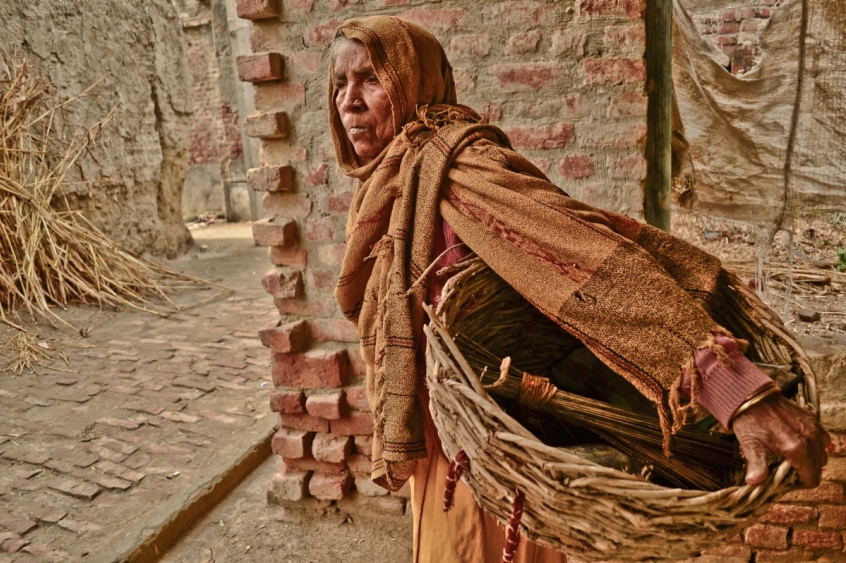
'Manual scavenging' – the cleaning of human waste by members of low-caste Indian communities – is a violation of human rights and must be stopped, a Human Rights Watch (HRW) report says.
Marginalised people groups, often referred to as 'untouchables' in India, are forced to collect human waste by hand and carry it away in baskets for disposal.
They often receive no money for this work, but instead are paid in leftover food, second hand clothes or access to land for livestock or collecting firewood. They also suffer limited access to education, fresh water sources and government benefits.
Local authorities are complicit in the recruitment of lower-castes for this work, and the way in which it is ingrained in the Indian culture makes it very difficult for manual scavengers – often members of the Dalit community, meaning literally 'broken people' – to find other employment.
"People work as manual scavengers because their caste is expected to fulfil this role, and are typically unable to get any other work," Meenaskshi Ganguly, South Asia director at HRW, explains.
"This practice is considered one of the worst surviving symbols of untouchability because it reinforces the social stigma that these castes are untouchable and perpetuates discrimination and social exclusion.
"Successive Indian government attempts to end caste-based cleaning of excrement have been derailed by discrimination and local complicity," Ganguly continues.
"The government needs to get serious about putting laws banning manual scavenging into practice and assisting the affected caste communities."
Handling human waste poses numerous health risks, and manual scavengers are often blighted with nausea, diarrhoea, vomiting and trachoma, among other respiratory and skin diseases. Limited access to health services and malnutrition means that they are unable to receive the medical assistance they desperately need.
"I had to work with my head veiled. During the rains, my clothes would become drenched with excrement. They would not dry. The house would smell. I started to get skin diseases and even to lose my hair," one manual scavenger, Badambai from Madya Pradesh, told HRW.
"We went to the panchayat [local council] members and said, please give us some work. The work they gave, my work, was to clean the gutter, clean excrement from roads, clean the toilets, clean the village, and remove garbage," Gopal Harilal Bohit of Maharashtra recalled.
"It is our caste. They will not give us any better work to do. Nothing that would give us dignity."
HRW is therefore calling upon the Indian government to upholdthe 2013 Prohibition of Employment as Manual Scavengers and Their Rehabilitation Act, which outlaws all manual cleaning of human excrement.
"Caste-based custom, backed by coercion, is still binding people to manual scavenging, and that demands government intervention," Ganguly said.
"India's new government has the means and an obligation to bury this rights abusing practice forever."










